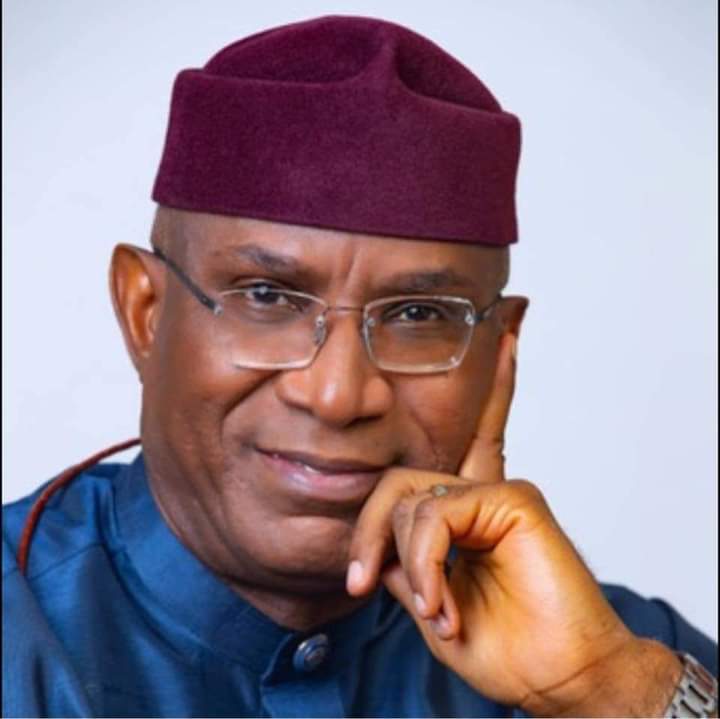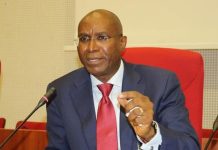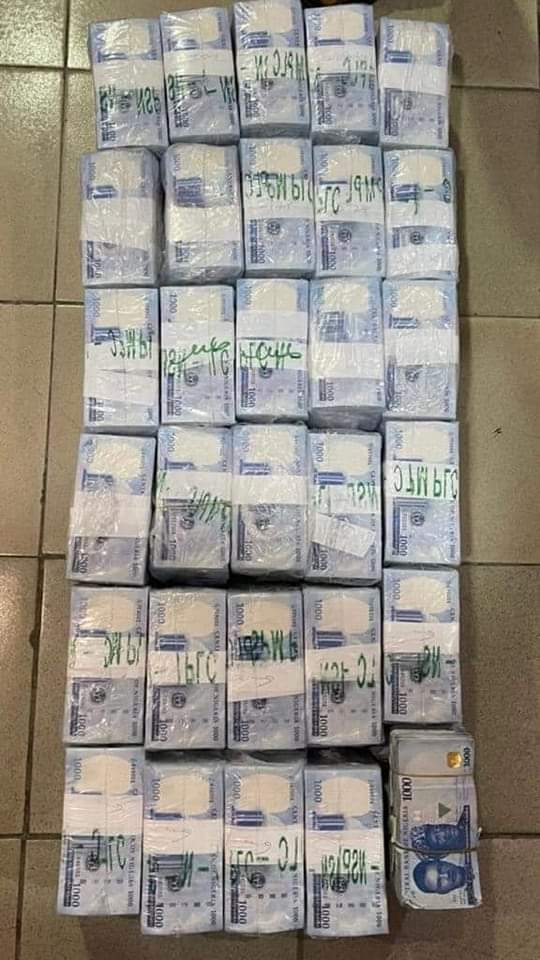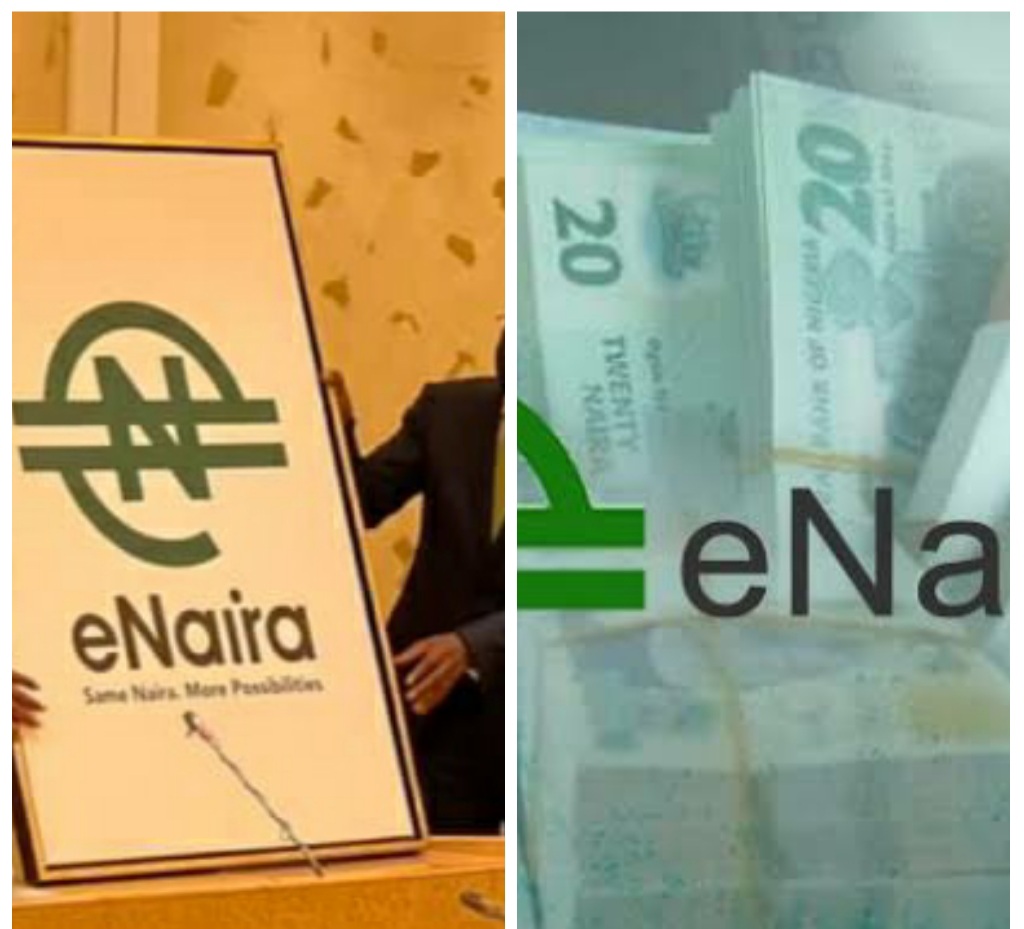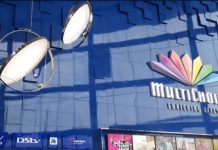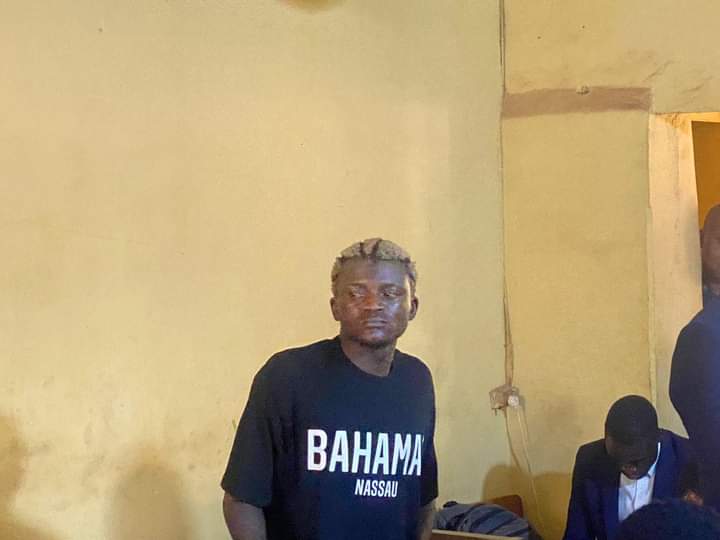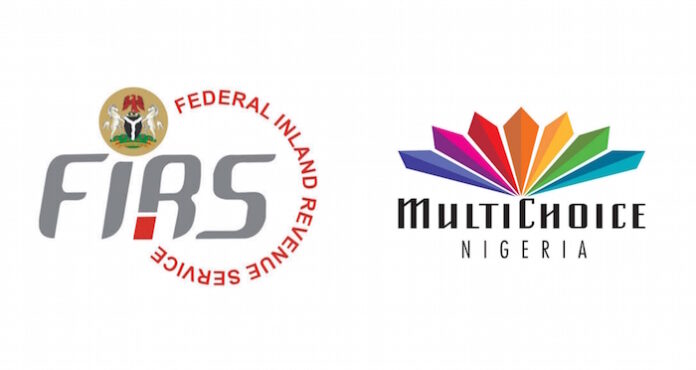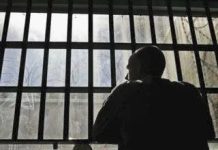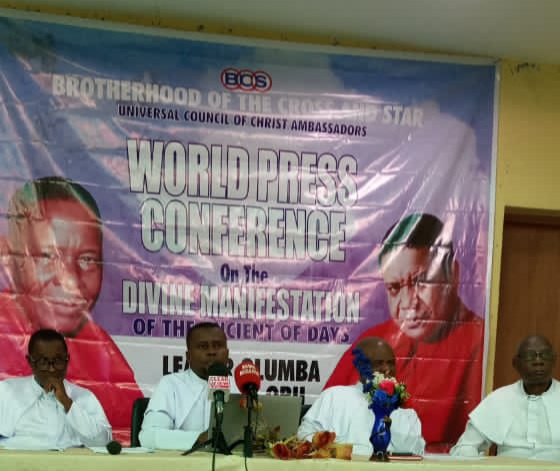Infrastructure deficit has been identified as a major reason the Nigeria Professional Football League (NPFL) is not being broadcast on television.
Chairman of the League Management Company (LMC) Shehu Dikko offered this explanation in a recent interview and said the absence of required infrastructure has made it very expensive to produce NPFL matches for live broadcast on television.
Dikko was apparently responding to clamours by fans for matches to be seen on television from next season and revealed that it would cost as high as N15 million to broadcast a match live in the league due to the infrastructure deficits and high foreign exchange.
“To produce just one game of the NPFL will cost as much as N15 million for a standard coverage that will meet minimum standards. This cost is because of infrastructure challenges and stuff like that”.
“So we are taking our time working round the clock to put in place all that we need to have a good production and to ensure that we resolved the problem such that we won’t encounter any hitch in the future. It’s definitely not easy but doable.

“The objective is to produce all the NPFL matches for live broadcast. If you want to do that, each one will cost about N15 million, which means that each MatchDay will cost N150 million. Where is that money going to come from? So we have to put our thinking caps to get round this situation.
“So we need to be patient to do the right thing. We need to put the right strategy in place, surmount all these problems, source the investment, implement systems to reduce the cost and ensure we do the best for Nigeria.
The LMC Chairman noted that television generates the biggest revenue for leagues and indeed sports events but lamented that this has been hampered in Nigeria by the huge production cost required to broadcast matches.
Making reference to what obtains in Europe, Dikko said the stadia there has been systematically developed to provide required Infrastructure for television broadcast, making it less expensive and easier for production of games.
“Television is money, without it there is no league anywhere in the world. When you go to Europe, they already have the infrastructure in the stadiums. Just walk in there, cover the matches and just send it out to distribute across media platforms that pay huge resources for the content. We don’t have such here. It is not our fault, it is not the fault of anybody, this should have been done a long time ago.
“Every stadium in Europe is plug and play. You as a camera man would just go, cameras, OB van and transmission equipments are all there. Here, you have to truck an OB van from say Lagos to the match venue with all the logistics requirements and security, you have to cable the whole stadium, provide standby electricity, 60, 70 people have to work to cable the stadium and cover the match.”
Dikko further stated that, even in the seasons when the league was on television, only a maximum of two games were produced and broadcast on a match day except on special occasions when the LMC fixed double-header fixtures, during which two games were played on the same venue.

He disclosed that long term objective of the LMC is to go back to the basics and work out the the framework to surmount all the identified challenges. On this Dikko declared, “a huge level of work has been done in sourcing the right partners, investments and we have even gone ahead to propose a legislation to promote and protect the football industry in order to drive it’s growth. We are hopeful that very soon television will be back and in a sustainable way”.
Copyright © 2020 Totorinews.com All rights reserved. The information contained in Totorinews.com may not be published, broadcast, rewritten, or redistributed without giving due credit to Totorinews.com as the source.


